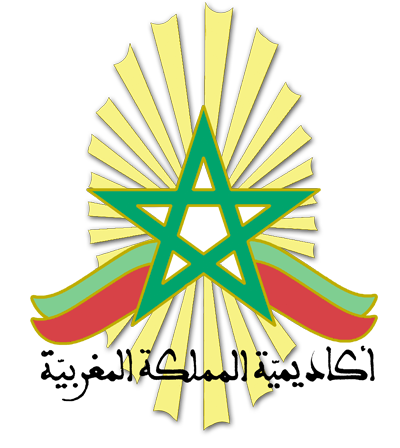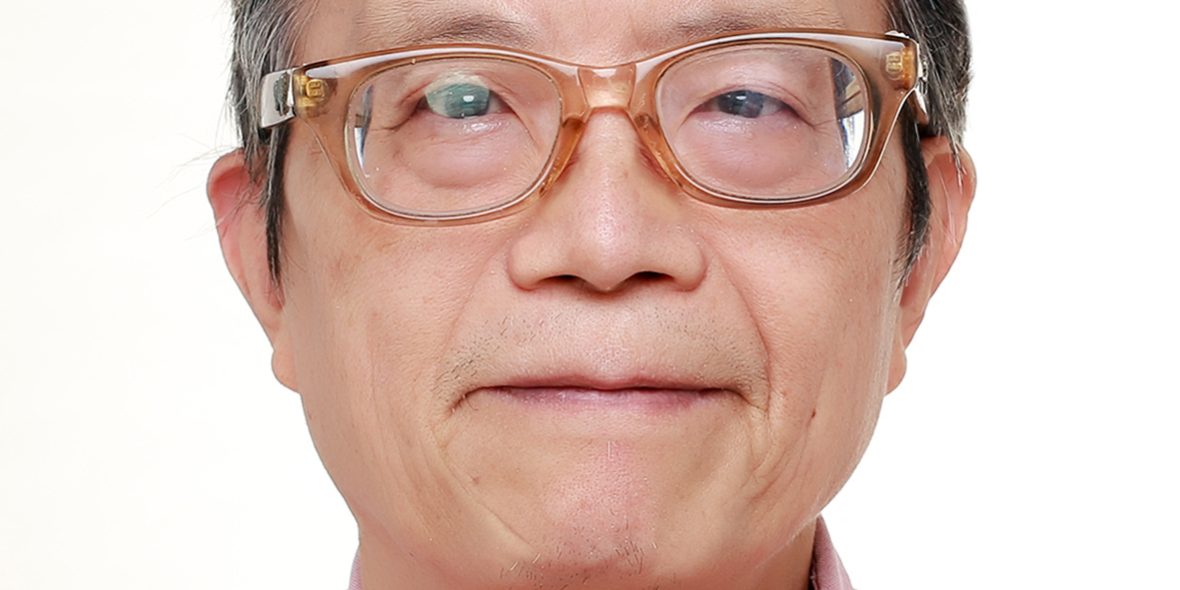Li Anshan
Li Anshan received his Ph.D. (1994) in history from the University of Toronto and is now a professor of the School of International Studies, Peking University. He has published works on African history and historiography, African nationalism, and Chinese overseas and world history both in Chinese and English. He is honorary President of Chinese Society of African Historical Studies, Vice President of the International Scientific Committee of UNESCO General History of Africa (Vol.IX-XI), member of the Academy of the Kingdom of Morocco, Vice President of China Society for Asia-Africa, Vice President of China Society for African Studies, Vice President of the Overseas Chinese History Society of China, etc. He was invited to give lectures on African history and China-African relations to Chinese top leader and General Office of the Communist Party of China Central Committee. He served as Visiting Professor of Center for African Studies at Stanford University, AFRASO Visiting Professor of Frankfurt University, leader of FOCAC Following-up Action Assessment Group commissioned by Ministry of Foreign Affairs to Africa, and Distinguished guest to FOCAC-Beijing 2000 Ministerial Conference and 2006 FOCAC Summit, etc. His English works include British Rule and Rural Protest in Southern Ghana (New York), Chinese Medical Cooperation with Africa: With a Special Emphasis on Chinese Medical Team and Anti-Malaria Campaign (Uppsala), A History of Overseas Chinese in Africa till 1911, (New York), FOCAC Twelve Years Later: Achievements, Challenges and the Way Forward ( Li Anshan, et al., Uppsala), Forum on China-Africa Cooperation: The Politics of Human Resource Development (Li Anshan & Funeka Yazini April, eds., Pretoria), FOCAC 2015: A New Beginning of China-Africa Relations (Shelton, Garth, Funeka Yazini April, Li Anshan, eds., Pretoria), China and Africa in Global Context: Encounter, Policy, Cooperation & Migration (Cape Town, 2020), China and Africa in Global Context: Encounter, Policy, Cooperation & Migration (Routledge, 2022), etc. He did research in many African countries and have many African friends.

